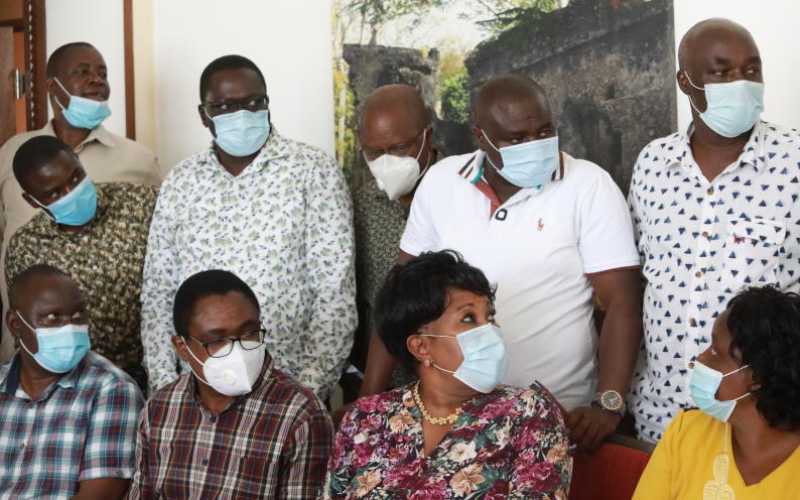×
The Standard e-Paper
Fearless, Trusted News

Fees for all government-sponsored students in public and private universities is expected to rise after a parliamentary committee on education agreed with institutions' management to gradually increase it.
The National Assembly Committee on Education said the current fees of Sh16,000 has not been adjusted since 1989 despite the rise in cost of running tertiary institutions.